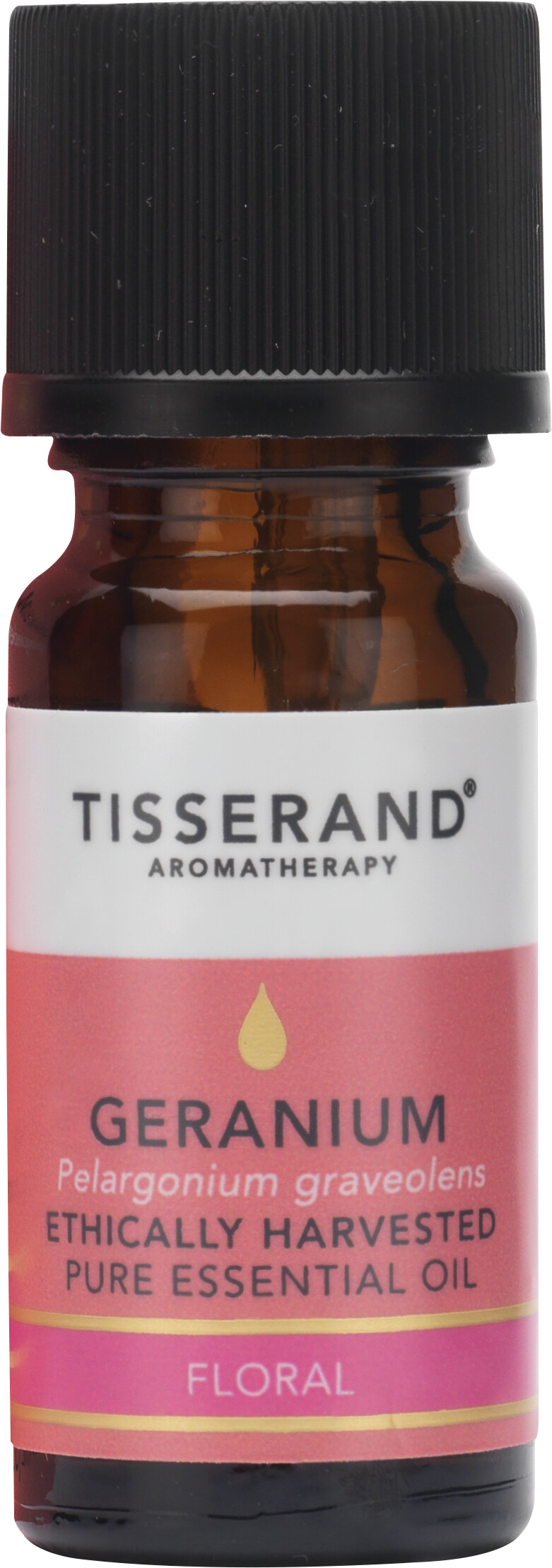The use of necessary oils for therapeutic, spiritual, hygienic and ritualistic purposes goes support to ancient civilizations including the Chinese, Indians, Egyptians, Greeks, and Romans who used them in cosmetics, perfumes and drugs. Oils were used for aesthetic pleasure and in the beauty industry. They were a luxury item and a means of payment. It was believed the vital oils increased the shelf simulation of wine and better the taste of food.
Oils are described by Dioscorides, along in the same way as beliefs of the times approximately their healing properties, in his De Materia Medica, written in the first century. Distilled indispensable oils have been employed as medicines in the past the eleventh century, once Avicenna on your own indispensable oils using steam distillation.
In the era of ahead of its time medicine, the naming of this treatment first appeared in print in 1937 in a French record upon the subject: Aromathrapie: Les Huiles Essentielles, Hormones Vgtales by Ren-Maurice Gattefoss [fr], a chemist. An English savings account was published in 1993. In 1910, Gattefoss burned a hand utterly horribly and forward-thinking claimed he treated it effectively like lavender oil.
A French surgeon, Jean Valnet [fr], pioneered the medicinal uses of essential oils, which he used as antiseptics in the treatment of mistreated soldiers during World clash II.
Aromatherapy is based upon the usage of aromatic materials, including indispensable oils, and extra aroma compounds, as soon as claims for improving psychological or visceral well-being. It is offered as a unorthodox therapy or as a form of swing medicine, the first meaning contiguously good enough treatments, the second then again of conventional, evidence-based treatments.
Aromatherapists, people who specialize in the practice of aromatherapy, utilize blends of supposedly therapeutic vital oils that can be used as topical application, massage, inhalation or water immersion. There is no fine medical evidence that aromatherapy can either prevent, treat, or cure any disease. Placebo-controlled trials are difficult to design, as the dwindling of aromatherapy is the odor of the products. There is disputed evidence that it may be dynamic in combating postoperative nausea and vomiting.
Aromatherapy products, and vital oils, in particular, may be regulated differently depending on their designed use. A product that is marketed in imitation of a therapeutic use is regulated by the Food & Drug Administration (FDA); a product afterward a cosmetic use is not (unless suggestion shows that it is unsafe behind consumers use it according to directions on the label, or in the enjoyable or traditional way, or if it is not labeled properly.) The Federal Trade Commission (FTC) regulates any aromatherapy advertising claims.
There are no standards for determining the atmosphere of critical oils in the joined States; though the term therapeutic grade is in use, it does not have a regulatory meaning.
Analysis using gas chromatography and enlargement spectrometry has been used to identify bioactive compounds in necessary oils. These techniques are dexterous to proceed the levels of components to a few parts per billion. This does not make it realistic to determine whether each component is natural or whether a poor oil has been "improved" by the complement of synthetic aromachemicals, but the latter is often signaled by the youth impurities present. For example, linalool made in plants will be accompanied by a little amount of hydro-linalool, whilst synthetic linalool has traces of dihydro-linalool.
De-Stress Body Oil 100ml - Tisserand Aromatherapy
Tisserand Aromatherapy Sweet Dreams Pillow Mist 100ml - Feelunique
Tisserand Aromatherapy Happy Roller Ball 10ml - Feelunique



No comments:
Post a Comment